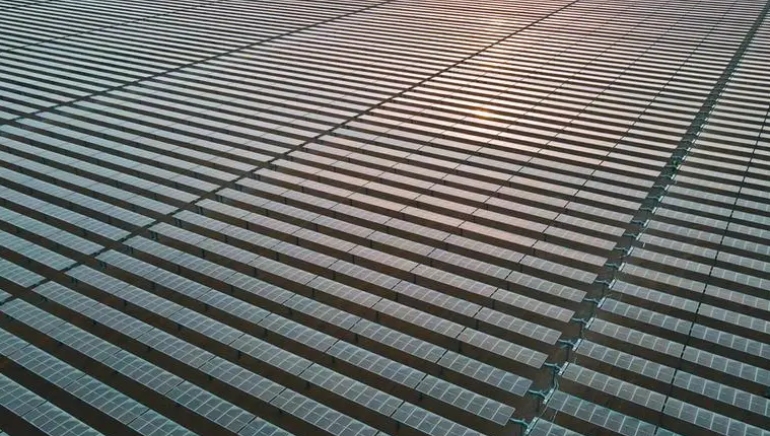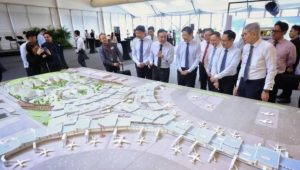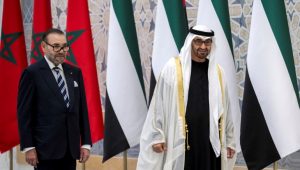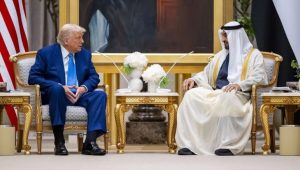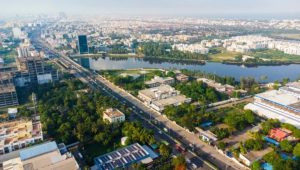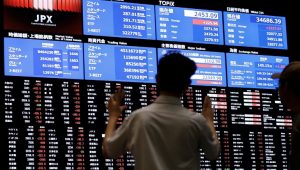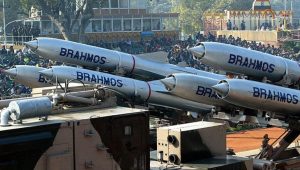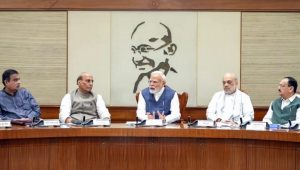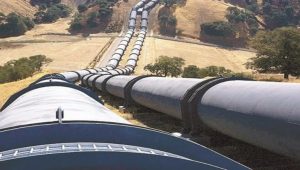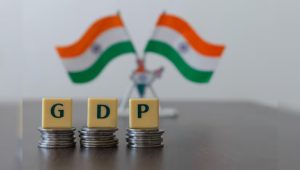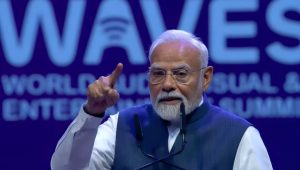According to Ahmed Al Kaabi, Assistant Undersecretary at the Ministry of Energy and Infrastructure, the UAE is making quick progress towards its renewable energy ambitions, with a target of 14.2 GW of capacity by 2030. Speaking at IRENA’s high-level discussion on energy transitions, Al Kaabi emphasised the UAE’s role in the global clean energy transition through ambitious goals and investments.
As the first Gulf nation to join the Paris Agreement and pledge to net-zero emissions by 2050, the UAE is home to three of the world’s largest solar projects, with more underway. Masdar, founded nearly two decades ago, has been a driving force in worldwide sustainable energy advancements. The Distributed Solar System (DSS) project expands renewable energy by allowing rooftop solar power generation.
In addition to solar, the UAE has embraced peaceful nuclear energy with the Barakah Nuclear Plant, which generates 25% of its power and wants to be a leader in low-carbon hydrogen generation, with a target of 15 million metric tonnes per year by 2050.
The 15th IRENA Assembly in Abu Dhabi brought together 170 member states to address renewable energy expansion, innovative financing, and energy transitions in emerging economies.





